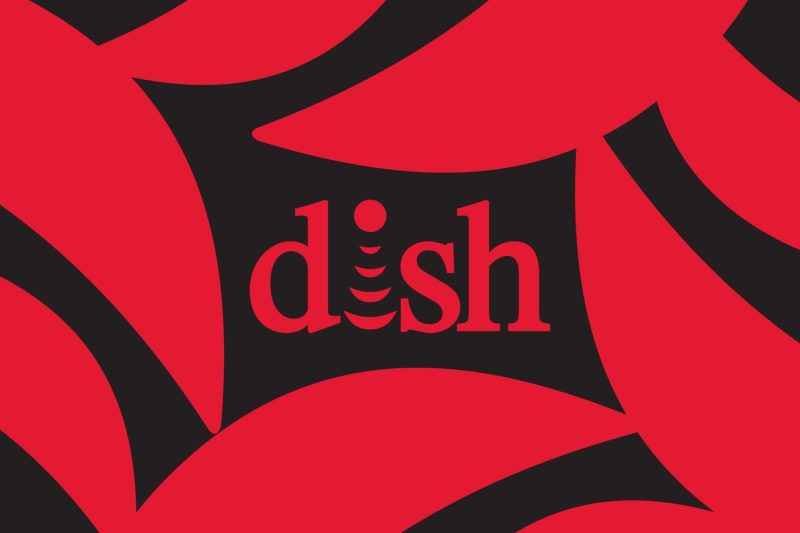DirectTV and DISH’s On-and-Off Merger Saga: A Rollercoaster Ride
The ongoing saga of the potential merger between DirectTV and DISH Network has taken yet another unexpected turn. After months of speculation and negotiations, the two satellite TV giants appeared to be on the verge of a historic merger that would reshape the pay-TV landscape. However, just as quickly as hopes were raised, they were dashed as the deal was called off once again.
The rollercoaster ride began when reports first emerged of talks between DirectTV and DISH in an effort to combine forces and compete more effectively in an increasingly crowded and competitive market. The proposed merger would have created a formidable rival to cable providers and streaming services, offering customers a wide range of channels and services at competitive prices.
As news of the potential merger spread, industry analysts weighed in on the possible implications of such a deal. Some touted the benefits of a combined DirectTV-DISH powerhouse, citing potential cost savings, increased bargaining power with content providers, and the ability to invest in new technologies and services. Others expressed concerns about potential antitrust issues and the impact on consumers, fearing that a merger could lead to higher prices and reduced choice in the marketplace.
Despite the mixed reactions, negotiations between DirectTV and DISH proceeded, with both companies reportedly making progress towards a final agreement. However, just when it seemed that a deal was imminent, news broke that the merger talks had officially fallen through due to unspecified reasons.
The sudden collapse of the merger deal has left both companies and their shareholders in limbo, with many wondering what the future holds for DirectTV and DISH. Some industry observers believe that the failed merger could lead to a period of uncertainty and instability for both companies as they regroup and reconsider their strategic options. Others speculate that this may not be the end of the story, and that DirectTV and DISH could revisit merger discussions in the future if conditions are more favorable.
In the meantime, customers of DirectTV and DISH are left to wonder how the failed merger might impact their service options and pricing in the long run. Will the lack of a merger deal lead to higher prices and fewer channel choices for subscribers of both services? Or will the competition between DirectTV and DISH drive innovation and investment in new technologies to benefit consumers?
As the saga of the DirectTV-DISH merger continues to unfold, one thing is certain: the pay-TV landscape is evolving rapidly, and companies must adapt and innovate to stay competitive in an increasingly digital and on-demand world. The story of the on-and-off merger saga between DirectTV and DISH is just one chapter in this larger narrative of change and transformation in the media industry. Only time will tell what the next twist in this tale will be.
